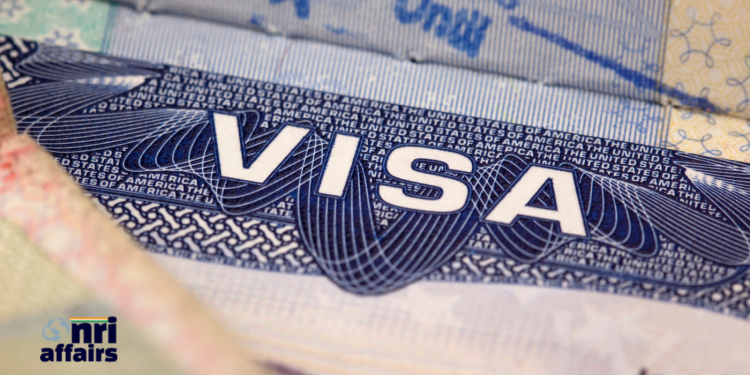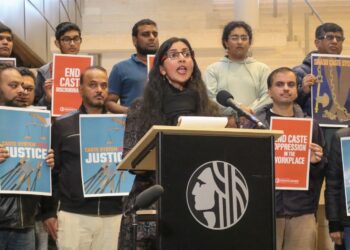In a recent move by the Indian government, a wave of distress has swept through the expatriate community, particularly impacting foreign nationals with Indian roots or spouses of Indian citizens. Among those affected is Vanessa Dougnac, a French journalist who has called New Delhi her home for nearly a quarter-century. This decision has sent shockwaves not only through Dougnac’s personal life but also within the broader international community.
Journalist Vanessa Dougnac: A Story of Integration and Disruption
At 51 years old, Vanessa Dougnac has dedicated the majority of her adult life to India, where she has served as a freelance correspondent for various esteemed French publications for over two decades. Her journalistic endeavors have taken her across the vast expanse of the country, enabling her to capture diverse stories and perspectives. Beyond her professional pursuits, Dougnac has woven herself intricately into the fabric of Indian society, having married an Indian national, raised a son, and embraced the local way of life with deep-rooted affection.
However, the tranquility of Dougnac’s established life was abruptly shattered when she received a personally delivered envelope bearing unwelcome news. On January 18, the official communication inside stripped her of her Indian residency, leaving her grappling with the harsh reality of sudden displacement. The decision to revoke her residency, amidst mounting international criticism, stems from her vocal opposition to Prime Minister Narendra Modi’s policies, particularly those rooted in Hindu nationalism.
Modi’s India: Tightening Citizenship Laws and Dissent Suppression
Under the tenure of Prime Minister Narendra Modi, has witnessed a discernible shift in its democratic landscape, with increasing emphasis placed on Hindu-first policies and a less tolerant stance towards dissent and minority groups. The Modi administration’s efforts to tighten citizenship laws have drawn scrutiny from human rights organizations, such as Amnesty International, who highlight a growing trend of targeting and penalizing individuals critical of the government.
(OCI) Cards: A Conduit of Connection and Control
Vanessa Dougnac, like millions of others, held an Overseas Citizens of India (OCI) card, a document instrumental in facilitating engagement between the Indian government and its extensive diaspora. This card, akin to a passport, grants holders certain visa and residency privileges, acting as a conduit for individuals with ties to India. However, the Modi administration’s evolving stance on citizenship and dissent has cast a shadow over the OCI program, with recent mandates imposing stricter regulations on overseas citizens, including heightened scrutiny and constraints on various activities.
The Plight of Vanessa Dougnac: A Microcosm of Larger Concerns
Dougnac’s ordeal serves as a poignant illustration of the broader challenges faced by journalists and dissenting voices in contemporary. The revocation of her OCI card, coupled with accusations of malicious intent, underscores the perils encountered by individuals who dare to speak truth to power in an increasingly polarized climate.
As India navigates the complexities of its democratic identity and global standing, the case of Vanessa Dougnac stands as a stark reminder of the delicate balance between upholding national sovereignty and safeguarding fundamental freedoms. In a world where the pursuit of truth is often met with adversity, Dougnac’s resilience serves as a testament to the enduring spirit of journalistic integrity and the unwavering commitment to the pursuit of truth, irrespective of the obstacles encountered along the way.











